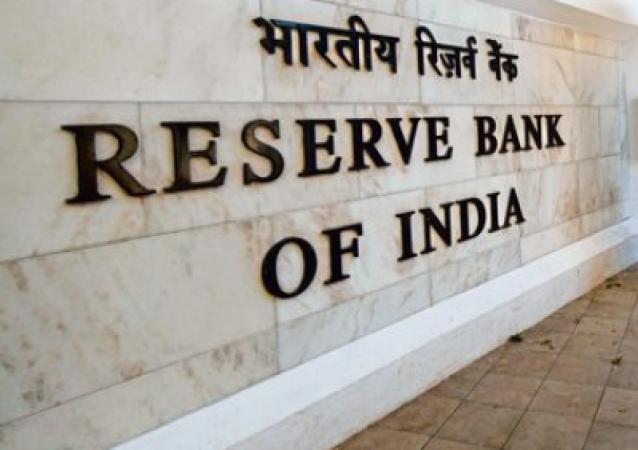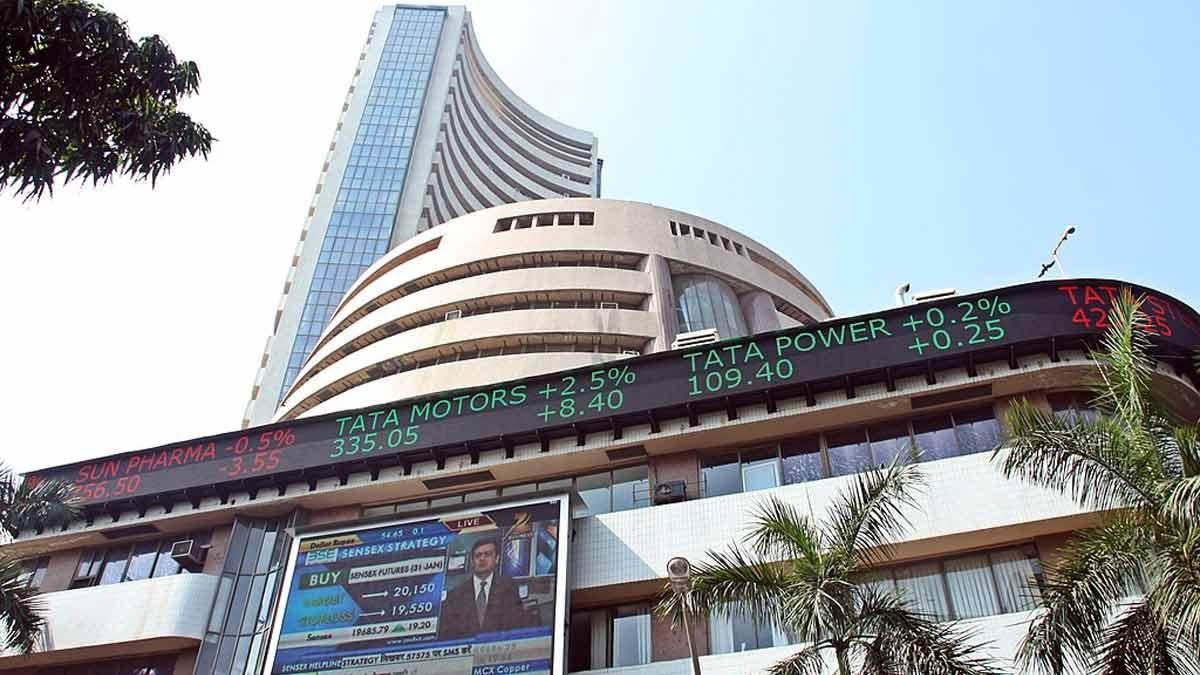Cautious optimism has started to return to India's economy which was heavily battered by Covid 2.0, the Reserve Bank of India said on Wednesday.
The June issue of RBI's monthly bulletin said: "The Indian economy continues to wrestle with the second wave of the pandemic, though cautious optimism is returning. By current assessment, the second wave's toll is mainly in terms of the hit to domestic demand."
"On the brighter side, several aspects of aggregate supply conditions - agriculture and contactless services are holding up, while industrial production and exports have surged compared to last year amidst pandemic protocols."
Also Read | Stock Talk: Top Cement Companies on Sensex Today
Going forward, the bulletin's article on 'State of the Economy' cited that speed and scale of vaccination will shape the path of recovery.
"The economy has the resilience and the fundamentals to bounce back from the pandemic and unshackle itself from pre-existing cyclical and structural hindrances."
On the macroeconomic front, the bulletin said the slope of the yield curve is found to have steepened with abundant liquidity depressing short-term interest rates more than proportionately alongside a pick-up in issuances of ultra-long dated paper.
Also Read | Brent may test $78-$80 levels, support at $68-$70 levels: Emkay
Besides, it said that Covid-19 pandemic necessitated an overwhelming fiscal response from governments across the world.
"As India unwinds the fiscal stimulus and embarks on the path of fiscal adjustment, it is necessary to emphasise on 'how' over 'how much'."
"Cross-country experience suggests that expenditure reductions, especially the ones associated with permanent reduction in current expenditure, have been found to be more effective in achieving durable fiscal consolidation than revenue raising measures."


















